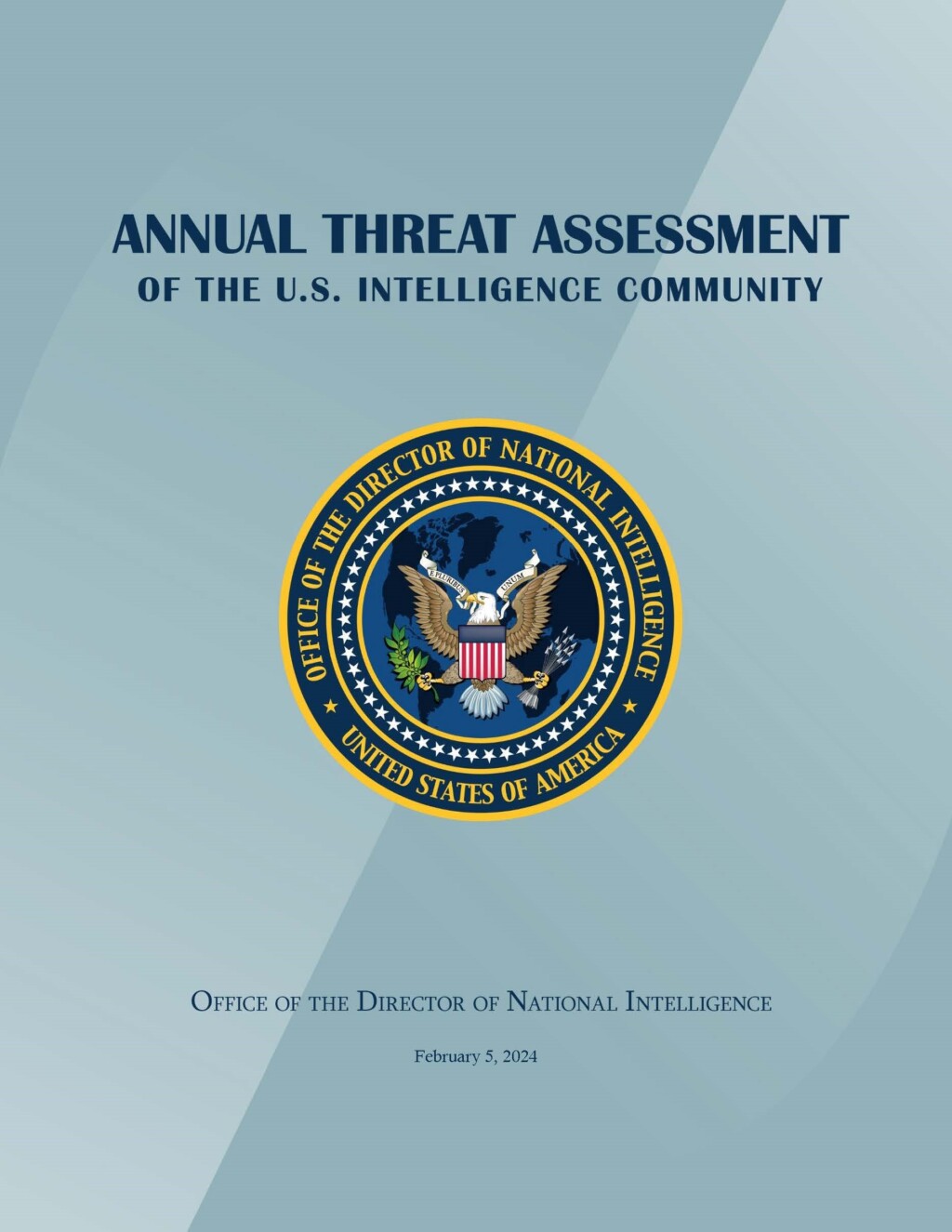US intelligence report: ‘Prolonged Sudan conflict raises concerns of spreading beyond borders’

The report, titled “2024 Annual Threat Assessment of the US Intelligence Community", by the Office of the Director of National Intelligence (Photo: dni.gov)
Sudan’s prolonged conflict is not only a domestic crisis but also a looming threat to regional stability, warns a recent report released by the Office of the Director of National Intelligence, on Monday.
The 2024 Annual Threat Assessment of the U.S. Intelligence Community warns of the grave risks associated with the ongoing turmoil in the country. “Sudan’s prolonged conflict heightens the risks of conflict spreading beyond its borders, external actors joining the fray, and civilians facing death and displacement.”
The Sudanese Armed Forces (SAF) and paramilitary Rapid Support Forces (RSF) remain engaged in combat, driven by the belief their “leaders calculate that they can achieve their goals absent a negotiated cessation of hostilities,” the intelligence report states.
The root causes of instability in Sudan should be addressed to prevent the country from becoming a breeding ground for extremism and criminal activities.
With Sudan strategically positioned at the intersection of the Horn of Africa, the Sahel, and North Africa, “it [is] susceptible to becoming an ideal environment for terrorist and criminal networks,” US intelligence cautions.
The report concludes by presenting a concise summary of the damage caused by proxy elements in fuelling the ongoing conflict, highlighting the elements of foreign interference and support for either the SAF or RSF.
“The possibility of Sudan’s warring security forces receiving more foreign military support is likely to hamper progress on any future peace talks,” the report says. “Any increased involvement by one external actor could prompt others to quickly follow suit.”
Concerted efforts are needed to address the fundamental causes of the conflict and facilitate significant negotiation towards a lasting and comprehensive peace agreement.








 and then
and then